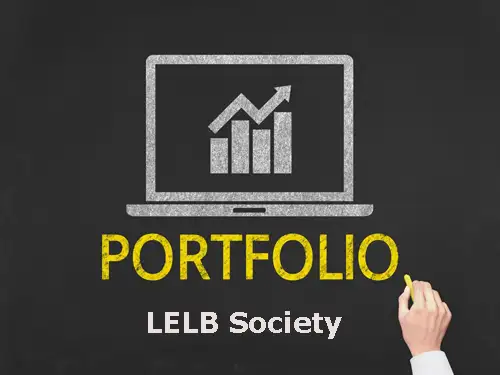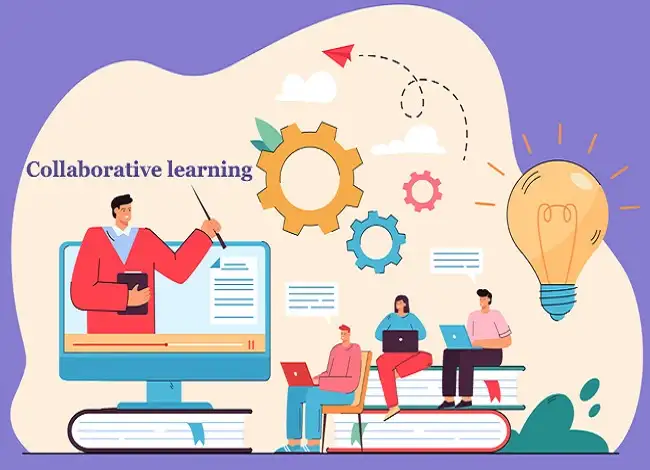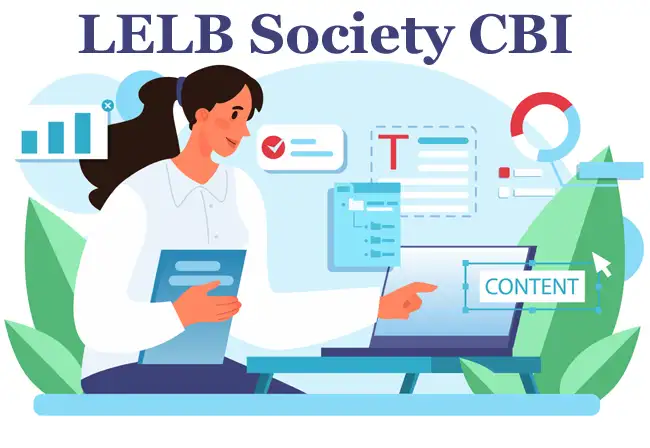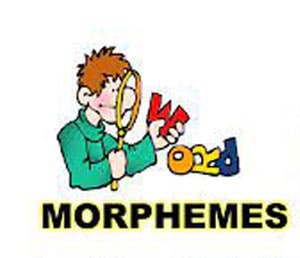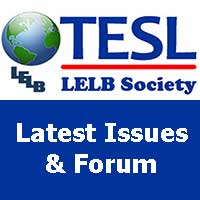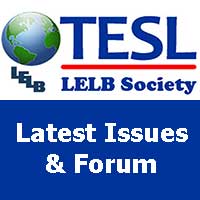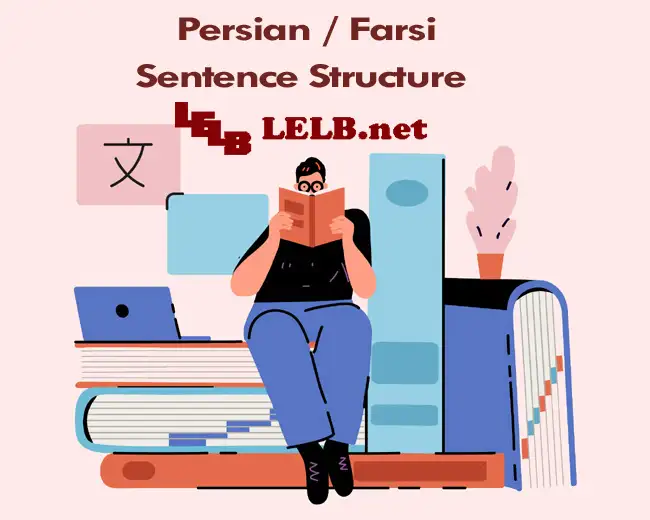Portfolio Assessment in Education = More Learner Autonomy
In this article, we’re going to cast light on portfolio assessment in education, especially in the field of second language acquisition. As its name indicates, portfolio assessment is a particular type of assessment that promotes learner autonomy and awareness by bringing the archived collection of the assigned materials and completed tasks to the foreground of …
